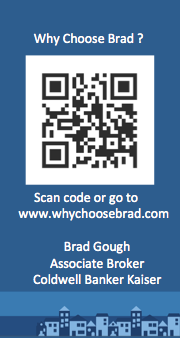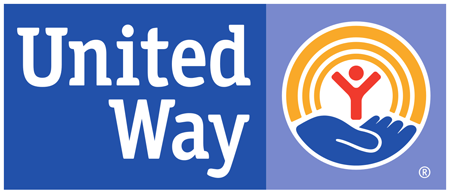

|
  Contact Brad Gough Current Listings  $499,900  $380,000  Why Choose Brad?  About Brad  What's Your Home Worth?  Over 12 Million in Sales in 2016!  Free Guide  Free Guide |
 It is fair to say that one of the things buyers are most concerned with is coming up with a down payment on a house. What is often not clear to them is when a buyer is required to make that payment. At what point in the home-buying process are you supposed to cough up that cash? The good news is that you do not need to come up with the entire down payment when you make an offer and submit a purchase agreement, but you might need to include an earnest money deposit with your offer. And you will have to provide the remainder of the down payment at closing. There is a big difference between the earnest money deposit, the cash you provide along with your offer, and your down payment, which is the amount your lender requires you to put toward the purchase of the property. The deposit tells the seller you are a committed buyer, and it helps fund your down payment. The biggest difference between these two types of payments is that the earnest money deposit is relevant to the home seller and the down payment is relevant to your lender. The expected amount of an earnest money deposit varies. On average, you can expect to hand over 1% to 2% of the total purchase price. The amount of your deposit varies widely according to local customs and the price of the home you are buying. In some cases, a $500 deposit is sufficient; but if you're in a competitive housing market, you should make your earnest money deposit larger. The more you can put down, the stronger your offer looks to a seller. Releasing the earnest money early to the seller can help secure deals in competitive markets. The amount of money required for your down payment will vary based on your loan, but it is typically in the 3.5% to 20% range. That is a lot of cash to have sitting around. Most people need to sell their current home first to have the cash available to make the down payment. One option to scrounge up the necessary funds is to borrow from your retirement funds and immediately replace them in full when you have access to the funds from your home sale. In most cases there is no penalty for using the your retirement funds for a home purchase, but there could be a limit on how much you can borrow. Be sure to check with your retirement plan administrator or investment company to make sure you will not pay a penalty on the transaction.  Know someone that needs a new home? If so, click below to view our team's listings  Click for photos of 8851 Bay Breeze Lane - $499,900  Click for photos of 7502 N. Meridian St. - $380,000  

The American Society for the Prevention of Cruelty to Animals 




|


Associate Broker  12401 Old Meridian Street Carmel, In 46032 Email brad@btgough.com Mobile (317) 590-3571 Office (317) 844-1131 unsubscribe me from this list |